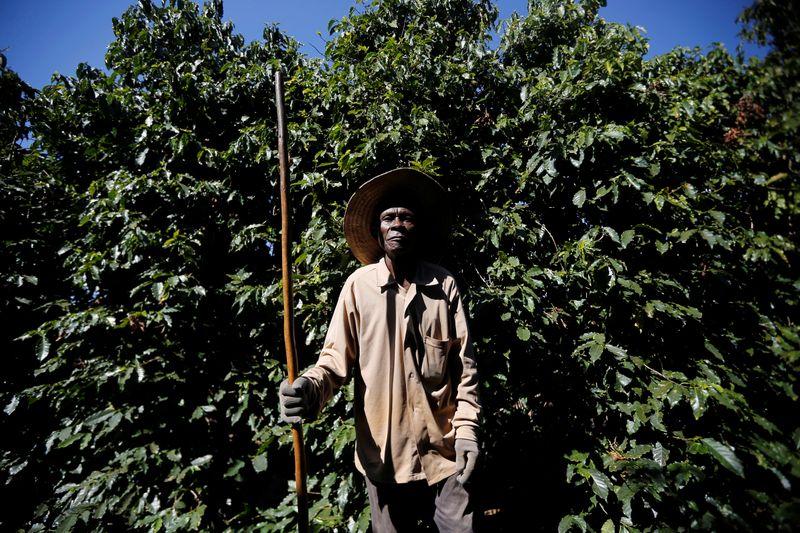RIO DE JANEIRO, BRAZIL – Brazil is the world’s largest exporter of coffee and half of the crop is produced in Minas Gerais. However, the state’s coffee industry has come under increased scrutiny due to widespread worker-exploitation and slave-like working conditions, according to a Thomas Reuters Foundation investigation’s findings.
Investigations into illegal labor practices have increased over the last few years, but are still nowhere near the level needed to eradicate the issue. As well as subjecting desperate Brazilians to horrendous conditions, this practice threatens the business itself, with the scandal potentially reducing demand for Brazilian coffee.
In Brazil, modern-day slavery covers forced labor, but also debt bondage, and work that compromises workers’ dignity, safety or health. In 2018, 300 coffee workers were found in slave-like conditions, a 15-year-high.
Some of the workers found on recent police raids were as young as 13. Workers can earn as little as R$14 (US$3.50) for a whole day’s work. A woman earned R$672 for 43 days work, which worked out at about R$2 per hour.
In 2016, InPACTO, a Brazilian anti-slavery charity, alerted that the continued use of modern-day slave labor could undermine the industry’s international reputation. In 2019, US Customs and Border Protection agents met with labor inspectors in Minas Gerais to discuss the coffee industry.
If there is suspicion that the product derived from forced labor, US authorities may ban imports, as has previously occurred with tobacco from Malawi. As the US is a major importer of Brazilian coffee, this could cause significant damage to the industry, and consequently to the many ordinary Brazilians who rely on it for their livelihood.
In the past, coffee certified as having been ethically produced was later found to come from farms where labor violations were taking place. Starbucks and Nespresso are among the international companies that have bought coffee from these sources. In response, the Rainforest Alliance, which carries out inspections and supplies certification, has said that they will increase the number of unannounced visits and inspections.
The state government of Minas Gerais has also included more coffee producers on its “dirty” list for involvement in slave labor, which means they are banned from obtaining credit from state banks or other public funding.
Undocumented employment has always been an issue in Brazil’s coffee industry, and with increased automation, these jobs have been even more scarce and precarious, potentially leading to increased cases of exploitation. In addition, the recession in Brazil has led to cuts in funding for inspections. Minas Gerais state has 119,000 coffee plantations, but only 245 inspectors.
Last year, Brazil exported over 40 million sacks of coffee, at a value of over US$5 billion. World coffee consumption is set to reach an all-time high in 2020 and Brazil is on track to yield huge profits from this trend if worker exploitation does not derail it.


